What To Do When Traveling Abroad + Mistakes You Should Avoid
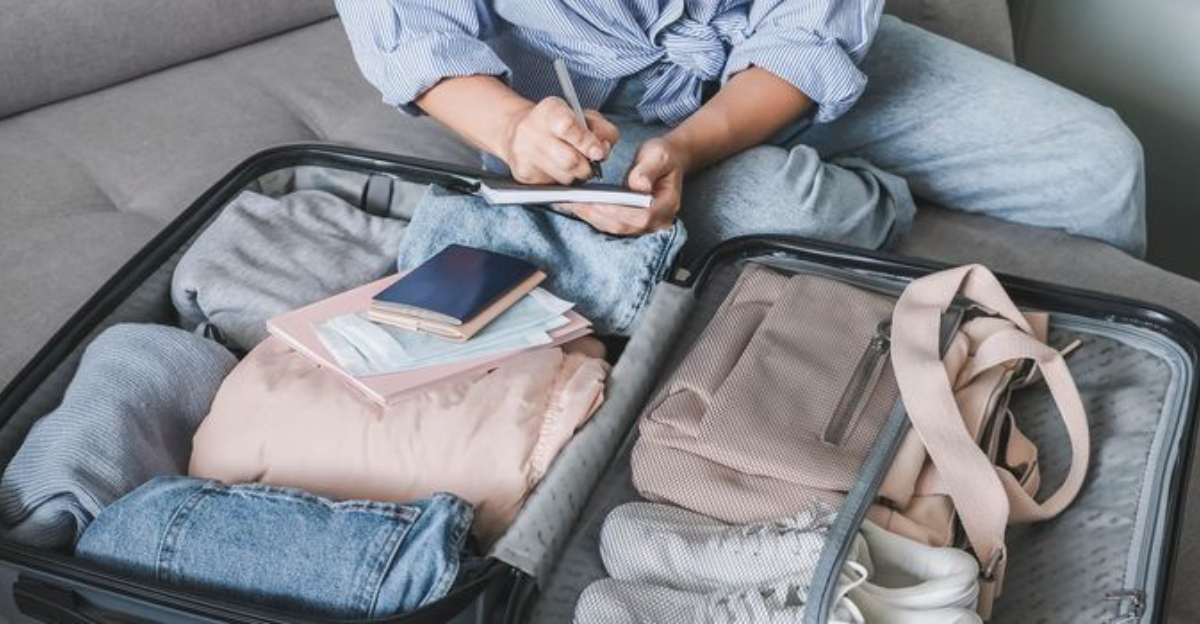
Exploring a new country is like stepping into a story you’ve never read—thrilling, eye-opening, and occasionally unpredictable. But let’s be honest: no matter how Instagram-worthy your destination is, the experience can go south quickly if you’re caught off guard.
Have you ever landed in a country only to realize your phone doesn’t work, or worse, that your credit card got declined at dinner? I’ve been there, and trust me—it’s no fun scrambling for Wi-Fi in a foreign language. Whether you’re chasing street food in Bangkok or hiking through the Alps, a little planning goes a long way.
From avoiding rookie mistakes to mastering cultural etiquette, I’ve put together practical tips to help you travel smarter, not harder. Curious which habits seasoned travelers swear by—and which pitfalls they dodge like jet lag?
1. Learn Basic Local Phrases
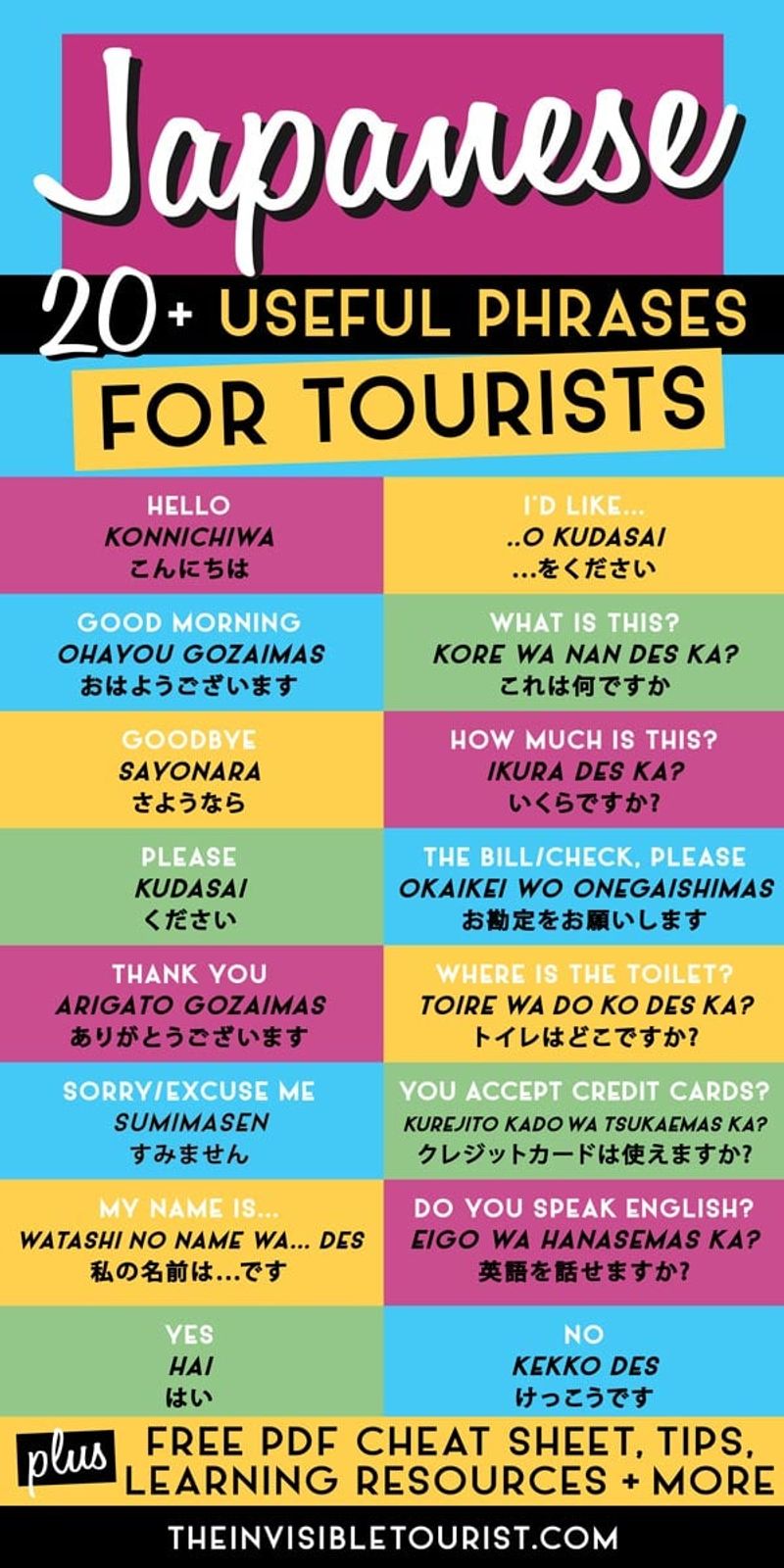
Knowing how to say “hello,” “thank you,” and “where’s the bathroom?” in the local language can transform your travel experience.
Locals appreciate the effort, even if your pronunciation isn’t perfect. I always download language apps like Duolingo before trips to practice key phrases. This small gesture shows respect and often leads to warmer interactions with locals who might go out of their way to help you.
Did you know? Studies show that travelers who attempt to speak the local language receive better service and are charged fair prices more often than those who don’t try at all.
2. Keep Digital and Physical Copies of Documents
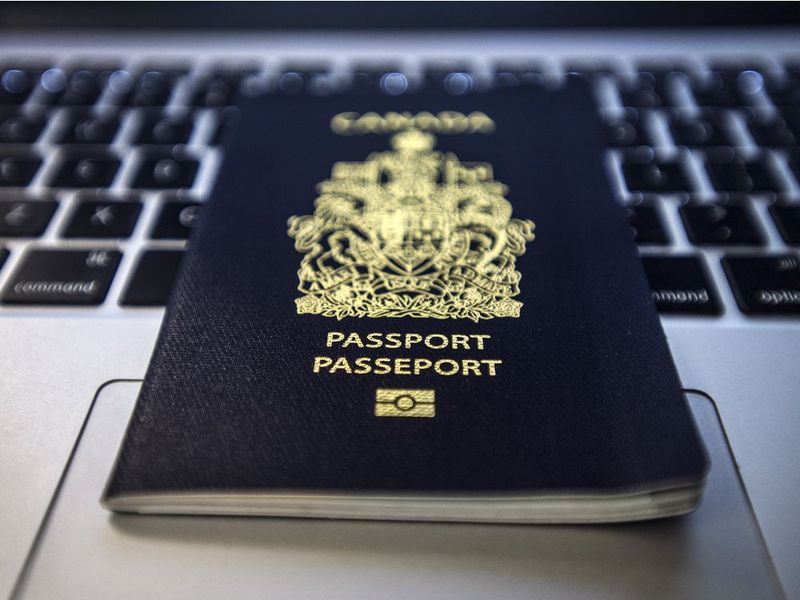
If your passport gets stolen abroad, having backup copies can save your trip. I always scan my passport, visa, travel insurance, and hotel bookings before leaving home.
Store digital copies in your email and a secure cloud service you can access anywhere. Additionally, keep physical photocopies separate from originals—perhaps one set in your hotel safe and another in a different bag than your actual documents.
This simple preparation has rescued many travelers during emergencies. The U.S. Embassy can issue replacement passports much faster when you provide copies of your original documents.
3. Notify Your Bank Before Traveling

There’s nothing worse than having your card declined at a restaurant in Paris because your bank flagged it as suspicious activity. Banks often freeze accounts when they detect transactions from unfamiliar locations.
Most banking apps now have travel notification features where you can input your destination countries and travel dates. This simple two-minute task prevents the frustration of being cashless in a foreign country.
Beyond notifications, ask about foreign transaction fees and consider getting a travel-friendly credit card that doesn’t charge extra for international purchases. Some cards even offer travel insurance benefits!
4. Get Travel Insurance
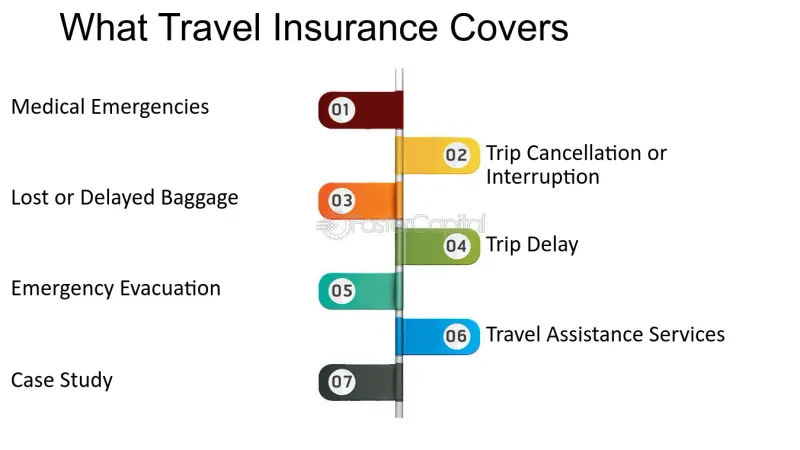
Many travelers skip insurance to save money, but this gamble can cost thousands if things go wrong. During my trip to Thailand, a fellow traveler broke her ankle hiking and faced a $15,000 medical evacuation that her insurance covered completely.
Good travel insurance protects against medical emergencies, trip cancellations, lost luggage, and even emergency evacuations. The peace of mind alone is worth the relatively small cost.
When choosing a policy, focus on medical coverage limits and evacuation benefits rather than just trip cancellation protection. Compare options on sites like InsureMyTrip or SquareMouth to find the best coverage for your specific destination.
5. Respect Local Customs and Dress Codes

What’s perfectly normal at home might be deeply offensive elsewhere. In Thailand, pointing your feet at someone is considered rude, while in Japan, tipping can actually be insulting rather than appreciated.
Research basic etiquette for your destination before arriving. Pay special attention to dress codes when visiting religious sites—many require covered shoulders and knees regardless of the weather. A quick Google search of “cultural taboos in [country]” before your trip can prevent awkward situations.
Locals will appreciate your efforts to respect their customs, often resulting in warmer welcomes and more authentic experiences during your travels.
6. Stay Aware of Your Surroundings

Tourists often become targets because they appear distracted or lost. I’ve witnessed pickpockets working busy subway cars in Barcelona, targeting travelers who were busy looking at maps on their phones.
Keep your head up and maintain awareness, especially in crowded tourist areas. Avoid displaying expensive jewelry or electronics, and consider using anti-theft bags with hidden zippers and slash-resistant straps. Trust your instincts—if a situation feels wrong, remove yourself immediately.
Awareness doesn’t mean paranoia; it simply means staying present instead of being absorbed in your camera or phone while exploring new places.
7. Avoid Relying Only on Wi-Fi for Navigation
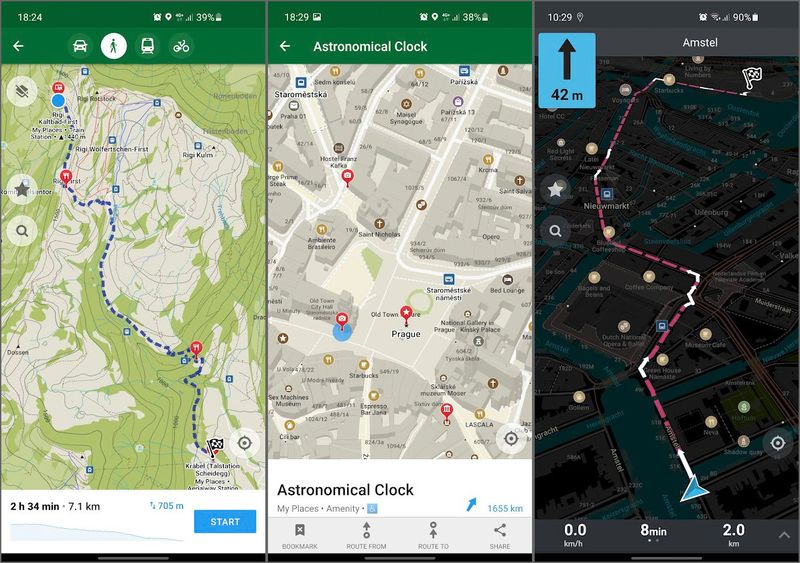
Wi-Fi connections disappear at the worst possible moments—like when you’re lost in the backstreets of Venice or trying to find your Airbnb at midnight. This common mistake has left countless travelers wandering aimlessly in unfamiliar territory.
Download offline maps through Google Maps or Maps.me before your daily adventures. These apps allow you to navigate without data and even show your location using GPS, which works independently of internet connections.
For added security, screenshot directions to your accommodations and important destinations. Old-school paper maps aren’t a bad backup either—they never run out of battery and can help you get oriented when technology fails.
8. Skip Airport Currency Exchange Counters
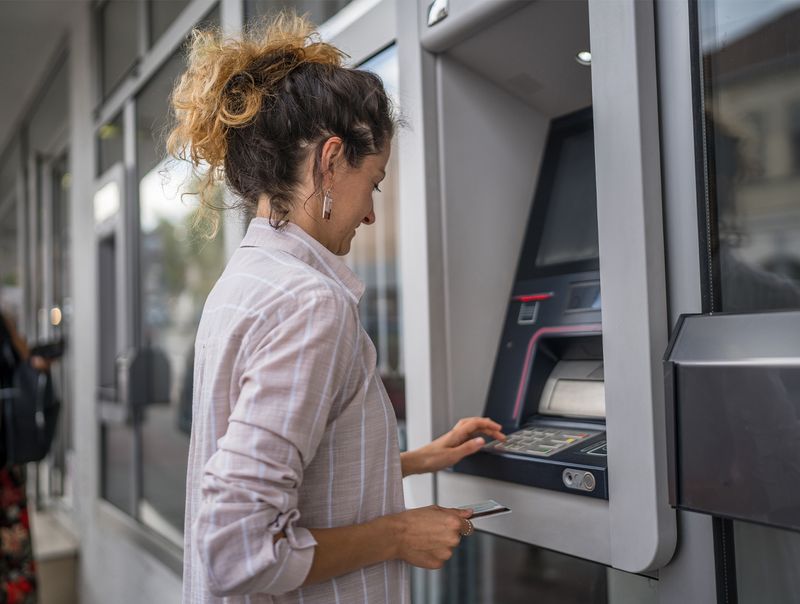
Those convenient currency exchange booths at airports offer probably the worst exchange rates you’ll find anywhere. I once compared rates and discovered I would lose almost 15% of my money by exchanging at London Heathrow versus using a local ATM.
Instead, withdraw cash directly from ATMs after arrival or use a no-foreign-transaction-fee credit card for most purchases. If you must exchange currency, do so at banks in the city center rather than airports or tourist areas.
Many travelers don’t realize that their bank’s ATM card works internationally and typically provides much better exchange rates than currency exchange services. Just notify your bank of your travel plans to prevent card blocks.
9. Pack Light and Smart
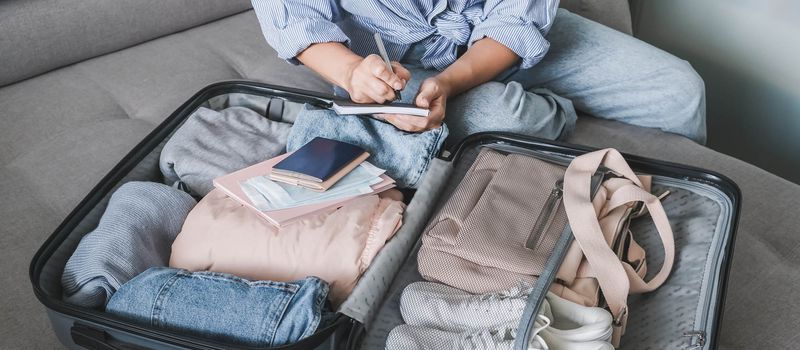
Dragging heavy luggage up five flights of stairs in a Paris apartment building taught me this lesson the hard way. Most travelers pack for every possible scenario but end up wearing only half of what they bring.
Choose versatile clothing pieces that can be layered and mixed rather than packing for specific outfits. Remember that most destinations have laundry services or facilities if you need them. The “pack, then remove half” rule works surprisingly well.
For toiletries, consider what your accommodation will provide and what you can easily purchase at your destination. Your future self will thank you when navigating crowded trains or walking to your accommodation.
10. Protect Your Digital Privacy

Posting real-time vacation photos might seem harmless, but it broadcasts to the world that your home is empty. Wait until you return to share those amazing sunset beach photos from your resort. Public Wi-Fi networks in hotels and cafés are notorious hunting grounds for hackers.
Use a VPN (Virtual Private Network) when connecting to public Wi-Fi to protect your personal information and banking details. Consider creating a travel-specific email address for bookings and confirmations.
This keeps your main inbox secure and organizes all travel information in one place, reducing the risk of phishing attacks targeting your primary accounts during your vulnerable travel period.
